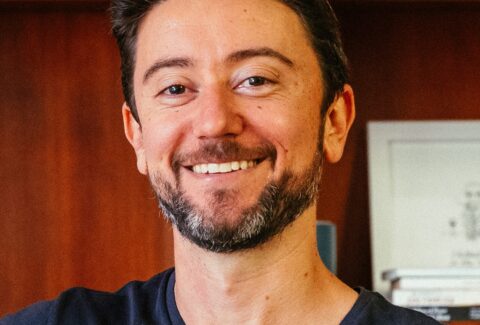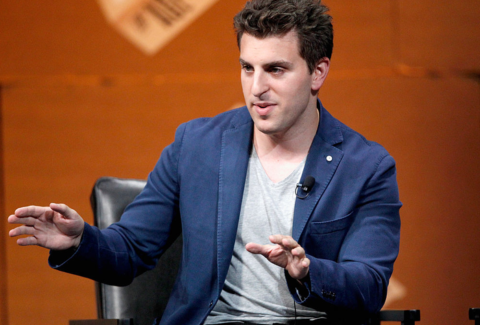A masterclass on editing
Welcome to the eighteenth edition of ‘3-2-1 by Story Rules‘.
A newsletter recommending good examples of storytelling across:
- 3 tweets
- 2 articles, and
- 1 long-form content piece
Let’s dive in.
🐦 3 Tweets of the week

Useful framework to think about how rich industrialized countries can take better care of their environment.

That’s some good news – especially goods exports in the last 2 years.

A striking – and worrying – visual. Hope a normal monsoon arrives soon. Maybe this is connected with the first tweet? 😐
📄 2 Articles of the week
a. Vision Pro by Benedict Evans
Perhaps the most thoughtful take on the revolutionary Apple Vision Pro. Evans brings his rich industry experience to bear in how he contrasts this product with Meta’s VR wearable:
This is the opposite decision to Meta: indeed Apple seems to have taken the opposite decision to Meta in most of the important trade-offs in making this. Meta, today, has roughly the right price and is working forward to the right device: Apple has started with the right device and will work back to the right price.
This concluding para is insightful:
Some people have an instinctive reaction to the Vision as with all VR headsets – that they don’t want to wear something on their face, and to be cut off from the world around like, no matter how good the technology. I don’t think we can know this – we all do lots of things that ‘no-one would ever do’ – but it might be correct. Meanwhile Apple itself clearly doesn’t think you’ll walk down the road wearing this.
So it might be that a wearable screen of any kind, no matter how good, is just another staging post – the summit of a foothill on the way to the top of Everest. Maybe the real Reality device is glasses, or contact lenses projecting onto your retina, or some kind of neural connection, all of which might be a decade or decades away again, and the piece of glass in our pocket remains the right device all the way through.
Hat/tip: Rahul Tawde
Sheehan Quirke is the guy who operates the fascinating @CulturalTutor handle on Twitter. In this article, he shares several examples of confident predictions that did not exactly pan out as forecasted… illustrating the extremely difficult nature of the art.
I also found the essay to be a good example of the 1-3-9 Story Spine and liked the engaging hook he uses at the beginning:
In 1934 Albert Einstein said, “There is not the slightest indication that nuclear energy will ever be obtainable.” Little more than a decade later, the U.S. dropped two nuclear bombs on Japan. Einstein, though mostly exceptional, was unexceptional in getting the future wrong.
Sheehan’s main point is – more than the prediction look at the objective/ incentives of the person making the forecast.
📖 1 long-form read of the week
a. Robert Gottlieb, The Art of Editing No. 1
Robert (Bob) Gottlieb was a highly reputed editor who worked with renowned authors like Joseph Heller, Michael Crichton, Toni Morrison et al. In this fascinating conversation all the authors he worked with come together to discuss what was special about him.
The conversation (though old) is a masterclass in editing (and writing).
I loved this from Michael Crichton
“Even now, when Bob first calls me back about a manuscript, I panic. But I’ll tell you, I think every writer should have tattooed backwards on his forehead, like ambulance on ambulances, the words ‘Everybody needs an Editor’.”
That’s all from this week’s edition.
Ravi
Photo by Jason Strull on Unsplash







